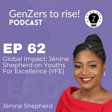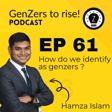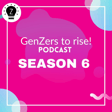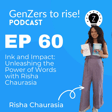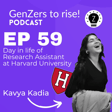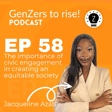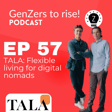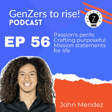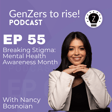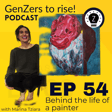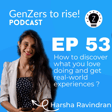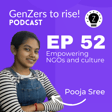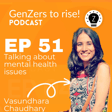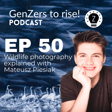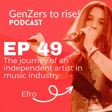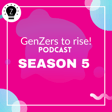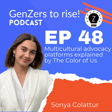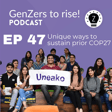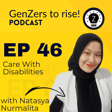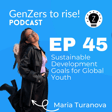
What's the use of NFTs ?
In this episode we are learning about a high trend subject, the NFTs. What exactly they are and how do they represent data. Where are they used and how you can win some of them by doing sustainable actions via the PozzlePlanet app? Also we are talking about the rippling effect and the social moment effect from the sociologist Thomas Bisballe, co-founder of the PozzlePlanet app. Such an interesting episode with so many different subjects that we are sure that you will love. You can connect with PozzlePlanet app on the link bellow.
Go to zen.ai/genzerstorise to receive 2 months of fee-free investing! Start investing with Vinovest today!
Follow ChangemakerZ https://go.changemakerz.org/follow
PozzlePlanet social handles at https://lnkfi.re/pozzleplanet
Access exclusive content on the ChangemakerZ app at https://app.changemakerz.org
Episode's page https://podcast.changemakerz.org/what-nfts-mean-with-pozzle-planet-cofounder-thomas-bisballe
Produced by Vasilis Skarleas
